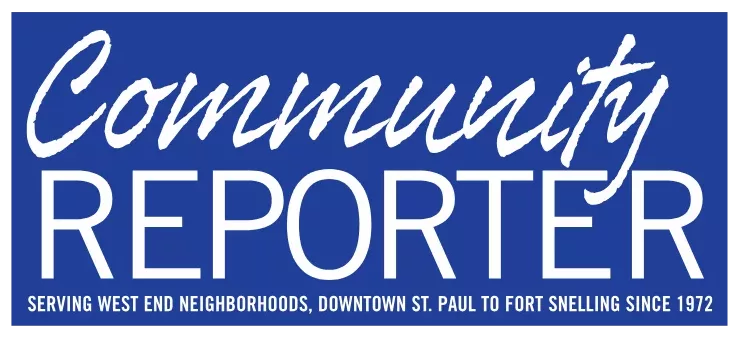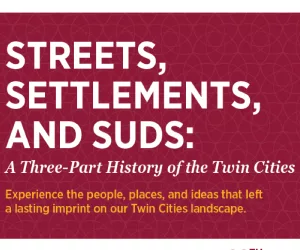Building Community
The moral of the story was pay attention. At least, that was what my dad suggested as the take away lesson. It was hard to argue with that conclusion. I was at a home town basketball game. I had a front row seat, a great spot to watch the game. The ball slamming me in the face caught me totally off guard. My broken glasses lay on the ground. All eyes turned toward me to see if I was OK. I was caught between shock, embarrassment and the sharp stinging on my face. As my dad later that night rightly observed, when you are sitting in the front row, it might be a good idea to pay attention to the game rather than chatting it up with your friends. You never know when an errant pass might be coming your way.
I was, of course, paying attention. My broken glasses were a tangible reminder that I was paying attention to the wrong thing. Unfortunately, inattention to the important things in the moment is a problem and a danger for a lot more than a young person attending a basketball game. Laws have been written to address the serious challenges posed by folks paying attention to their phones while driving and books written about parents paying attention to their phones while ignoring the child nearby.
All of us know the value of people paying attention. Whether it is a medical professional truly listening to what we present, a librarian intent on helping us find a particular book, a stranger who holds the door for us as we head to the car with bags of groceries or a partner who listens to the challenges of our day, paying attention matters and inattention often has consequences.
A recent article in the “New York Times” argues that the current administration in Washington D.C. is taking our inclination for inattention as an actual strategy for implementing policies and taking actions which a majority of people oppose. A recent Times/Sienna poll found that voters were more likely to approve of President Trump’s job performance if they have not been following some of the major news stories. Approximately a third of the voters had heard little or nothing about executive orders that affected the economy, immigration or the burn and slash approach to major government programs by Elon Musk and his dodgy compatriots. The study found those who are attentive to the Trump administration’s refusal to return the mistakenly deported Kilmar Garcia to a brutal prison in El Salvador are much more likely to be critical of the administration’s immigration policy.
Part of the challenge, of course, is knowing what warrants our attention. Sometimes there are a multitude of needs or challenges that we are facing and it can be difficult to know what is most important in the moment. The current administration exploits this dilemma with its blitz of orders from small to consequential, making it that much more challenging for folks to give attention to all of them.
There is no simple answer to any of this, but one approach that consistently helps us get closest to where our attention is needed is simply listening to what is taking place. It works at a basketball game. It works with our children. It works in our workplace and in our communities. Slow down. Listen. What do we hear? What do we sense? What do we feel? What is at stake in this moment? These are all questions that help us discern where our attention is most needed.
Whether in our personal lives, our communities, or national politics, it is often a matter of choosing where our attention is most needed. But, there can be no doubt about the importance of paying attention. The consequence of an errant basketball, a child or partner who feels ignored or another executive order can be all too real. It is worth our while to pay attention.







Leave a Reply